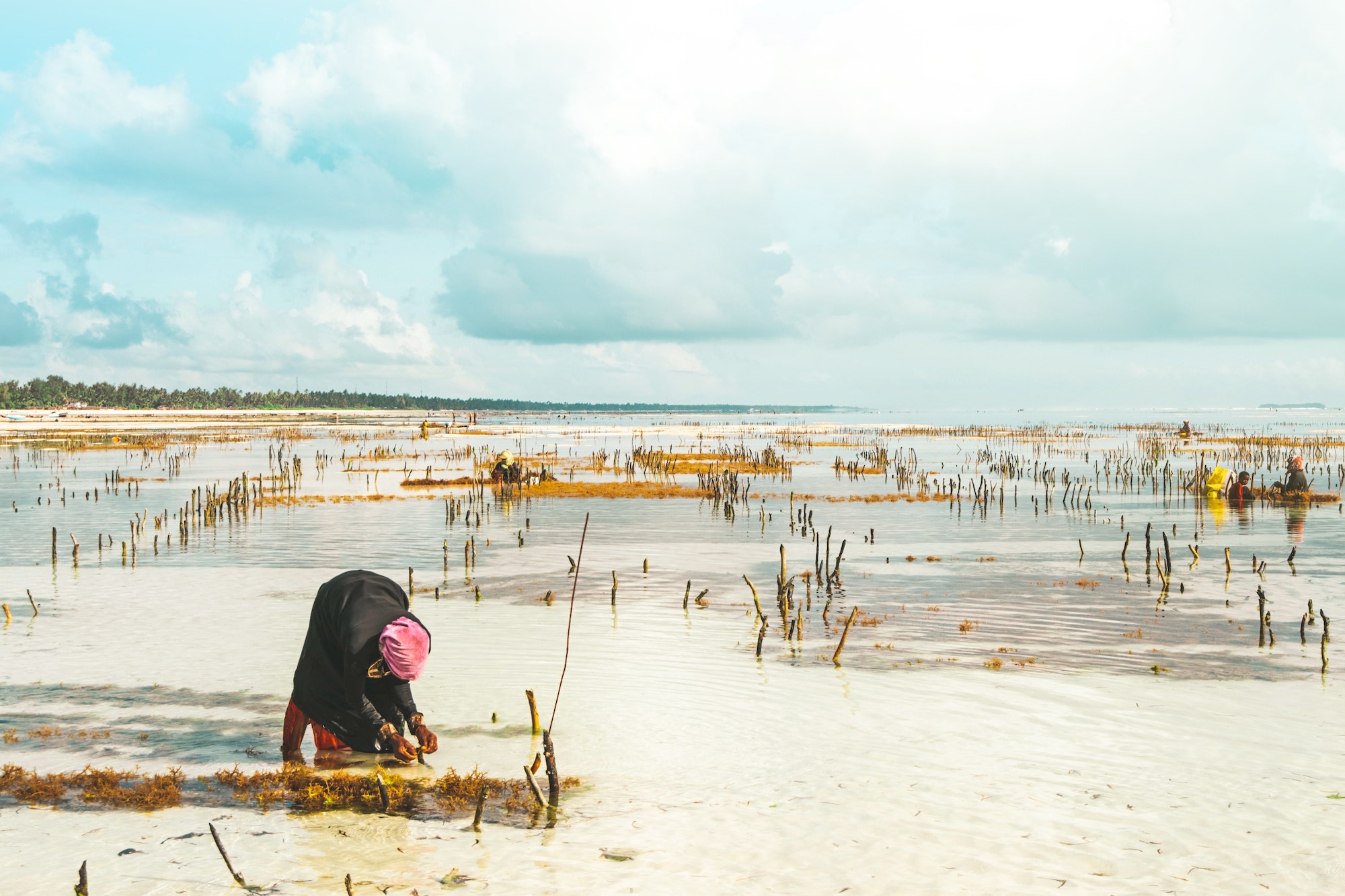Algae biofuels have long been considered a promising alternative to conventional fossil fuels, due to their potential for rapid growth and high oil yield. However, the large-scale production of algae biofuels has faced numerous challenges, including high capital investment requirements for production facilities, cost-effectiveness, and scalability issues.
One of the primary obstacles to large-scale algae biofuel production is the significant capital investment required to establish and operate production facilities. These facilities must be designed to accommodate algae cultivation, harvesting, and processing systems, as well as wastewater treatment and nutrient recycling. The construction and operation of such facilities can be prohibitively expensive, particularly for small companies or startups seeking to enter the market.
Cost-effectiveness is another critical factor in the development of algae biofuels. While some studies have suggested that algae can produce greater oil yields per acre than traditional crops like soybeans or corn, the overall cost of producing algae biofuel remains higher than that of conventional fuels. This is due in part to the energy-intensive nature of algae cultivation and processing, as well as the need for specialized equipment and infrastructure.
Scalability is also a significant challenge for algae biofuel producers. While pilot-scale projects have demonstrated promising results, scaling up these systems to commercial levels has proven difficult. This is because large-scale algae cultivation requires vast amounts of water and nutrients, as well as extensive land area for open pond systems or specialized photobioreactors for closed-loop systems. Additionally, large-scale harvesting and processing of algae biomass can be complex and energy-intensive, further complicating efforts to scale up production.
Despite these challenges, there are ongoing efforts to improve the cost-effectiveness and scalability of algae biofuel production. For example, researchers are exploring ways to optimize algae strains for higher oil yield and faster growth rates. Advances in genetic engineering and biotechnology may help to develop strains with improved characteristics for biofuel production.
Additionally, innovations in cultivation technologies can help to reduce the costs and improve the efficiency of algae production. For instance, integrated systems that combine algae cultivation with wastewater treatment or carbon capture can help to offset some of the costs associated with large-scale production. These systems not only provide valuable nutrients and CO2 for algae growth but also offer additional environmental benefits by treating wastewater and capturing carbon emissions.
Another area of focus is the development of more efficient harvesting and processing techniques. Current methods for harvesting algae biomass, such as centrifugation or flocculation, can be energy-intensive and costly. Researchers are working on new techniques, such as using bioflocculants or membrane filtration, that may offer more efficient and cost-effective solutions for separating algae from water.
Furthermore, improvements in processing technologies can help to maximize the value of algae biomass by converting it into a wider range of products. In addition to biofuels, algae can be used to produce a variety of high-value bioproducts, such as animal feed, fertilizers, and bioplastics. The development of integrated biorefineries that can efficiently convert algae into multiple products can help to improve the overall economic viability of algae biofuel production.
In conclusion, while there are significant challenges associated with high capital investment requirements, cost-effectiveness, and scalability in large-scale algae biofuel production, ongoing research and innovation hold promise for overcoming these obstacles. Advancements in strain optimization, cultivation technologies, harvesting methods, and processing techniques can all contribute to making algae biofuels a more viable alternative to conventional fossil fuels.


